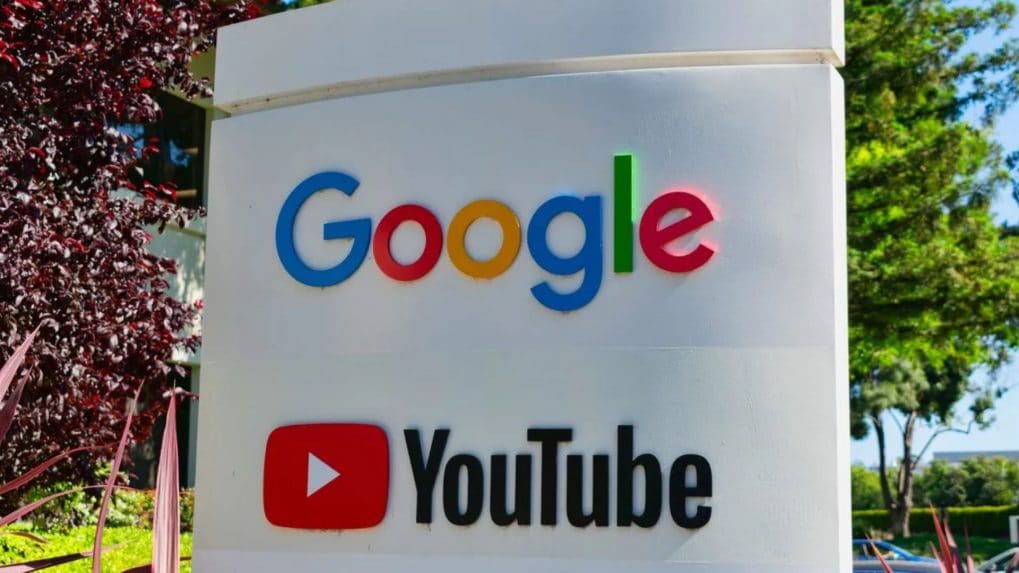Ex-IPS officer sues YouTube, alleges stamp duty evasion and creator exploitation
The petition (reviewed by Storyboard18) states that aggreement by YouTube grant them the right to monetize content by displaying advertisements and charging fees, while explicitly denying him entitlement to any payments.
ADVERTISEMENT
Mumbai-based advocate, former IPS officer, and YouTuber Yogesh Pratap Singh has filed a writ petition before the Bombay High Court alleging large-scale evasion of stamp duty by Google LLC through its video-sharing platform, YouTube. The petition, filed on April 19, 2024, accuses the Additional Controller of Stamps of inaction in enforcing mandatory registration of contracts without consideration, thereby causing substantial revenue loss to the Government of Maharashtra.
In the petition (a copy of which is with Storyboard18) Singh, who runs a YouTube channel featuring films on the realities of India’s criminal justice system, stated that before he could operate his channel, he was compelled to accept YouTube’s “Terms of Service,” which are unilaterally imposed standard form contracts.
These agreements, according to Singh, grant YouTube the right to monetize his content by displaying advertisements and charging fees, while explicitly denying him entitlement to any payments. Singh argued that this makes the agreement a “contract without consideration,” which, under Section 25 of the Indian Contract Act, 1872, is void unless registered and subjected to stamp duty.
The petition contends that despite clear legal requirements, YouTube has failed to register such contracts or pay stamp duty, resulting in continuous evasion of state revenue. Singh first raised the issue in November 2023, when he submitted a representation to the Deputy Inspector General (DIG) of Registration.
The DIG subsequently referred the matter to the Additional Controller of Stamps in December 2023. Despite reminders in January 2024, no action was taken. Singh emphasized that under the Maharashtra Government Servants Regulation of Transfer and Prevention of Delay in Discharge of Official Duties Act, 2005, the matter ought to have been disposed of within 45 days, a deadline that expired on January 22, 2024. However, even after more than four months, no decision was made.
The petition asserts that this inaction amounts to dereliction of duty and confers an undue pecuniary benefit upon a private corporation at the cost of government revenue. It highlights that Section 10 of the Maharashtra Government Servants (Regulation of Transfers and Prevention of Delay in Discharge of Official Duties) Act, 2005 mandates disciplinary action against government officers who fail to discharge their duties in time, including adverse entries in their Annual Confidential Reports.
Singh, therefore, seeks directions from the Court compelling the Additional Controller of Stamps to invoke his statutory powers and impose stamp duty on Google LLC for contracts without consideration, including the one YouTube has with him. He has also requested that the DIG of Registration be directed to ensure proper registration of all such contracts, and that departmental action be initiated against officials guilty of dereliction of duty.
The petition names three respondents: the Additional Controller of Stamps, the Deputy Inspector General of Registration, and Google LLC. It stresses that YouTube’s practices have not only caused financial harm to content creators but also deprived the state exchequer of significant revenue over several years. Singh also pointed out that he has separately filed a civil defamation suit against YouTube for falsely branding him a “copyright pirate” and is preparing a commercial suit alleging unlawful profiteering by the platform from his intellectual property.
In his plea, Singh underlined that the issue concerns not just his individual grievance but a systemic failure, where a multinational technology giant has allegedly flouted Indian laws while government authorities remain inactive. He urged the Court to grant interim relief by directing the imposition of stamp duty on his own YouTube contract until the matter is fully adjudicated.
The case, filed under Article 226 of the Constitution of India, cites the Bombay Stamp Act, 1958, the Registration Act, 1908, and the Indian Contract Act, 1872. Singh is represented by advocate Aditya Pratap.
The matter was heard by bench of Justice Kamal Khata on August 25 and directed the state of Maharashtra and Google to file their affidavits and submit rejoinders by September 22. The matter is listed for further hearing on September 29.
Read More: YouTube is a core part of India’s advertising ecosystem: Ajay Vidyasagar of YouTube
Read More: YouTube to invest Rs 850 crore into Indian creators: Neal Mohan


